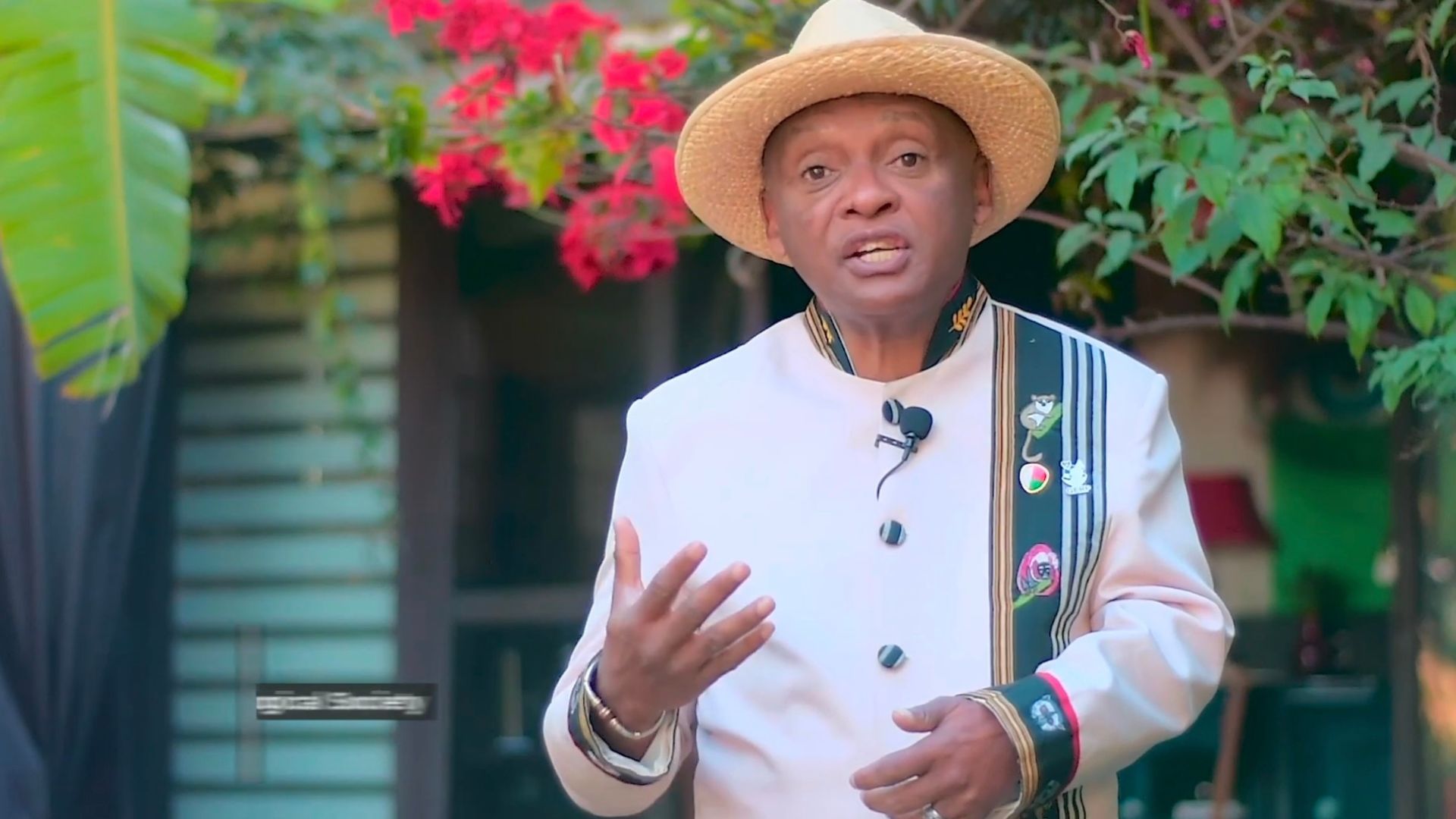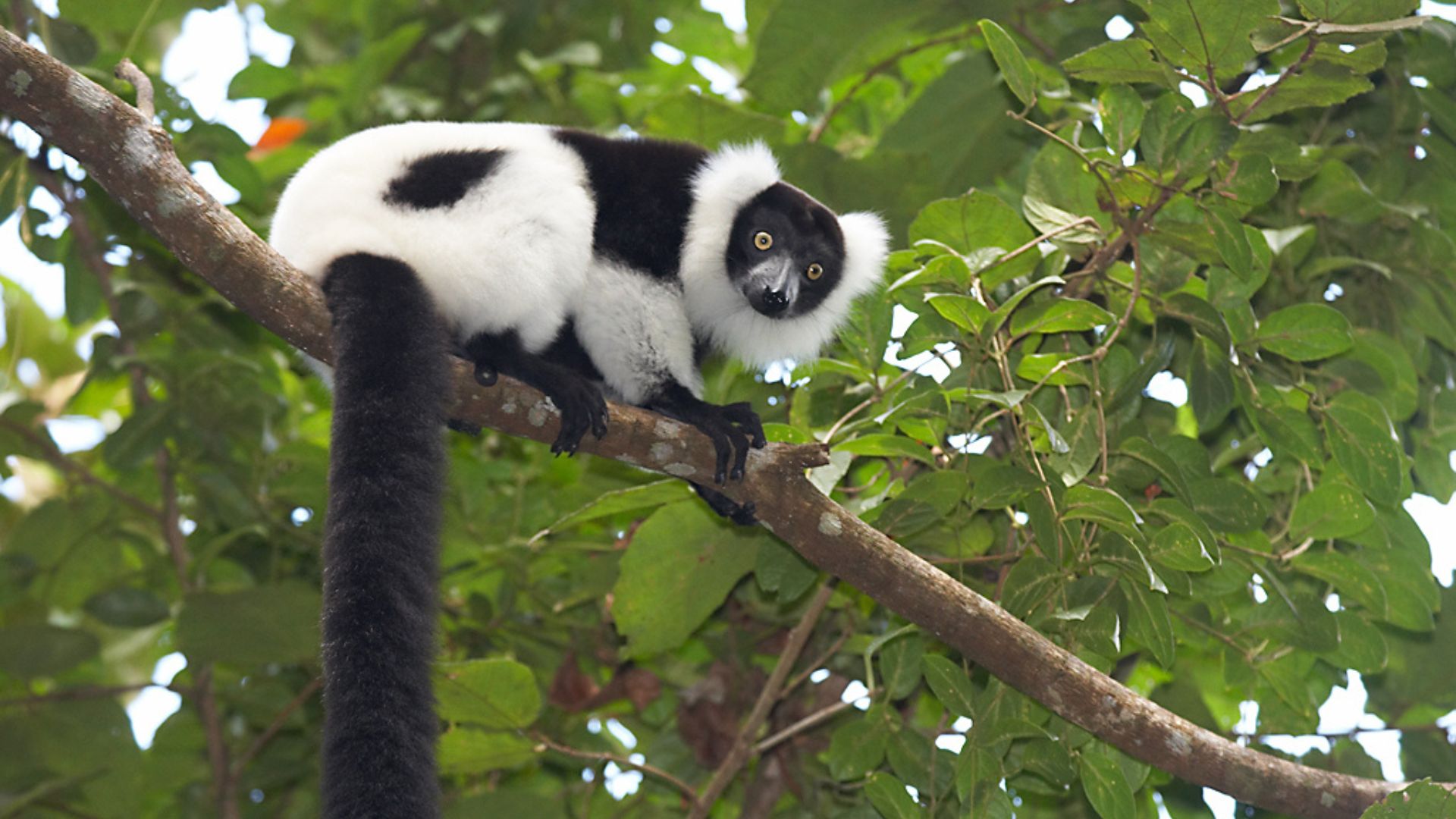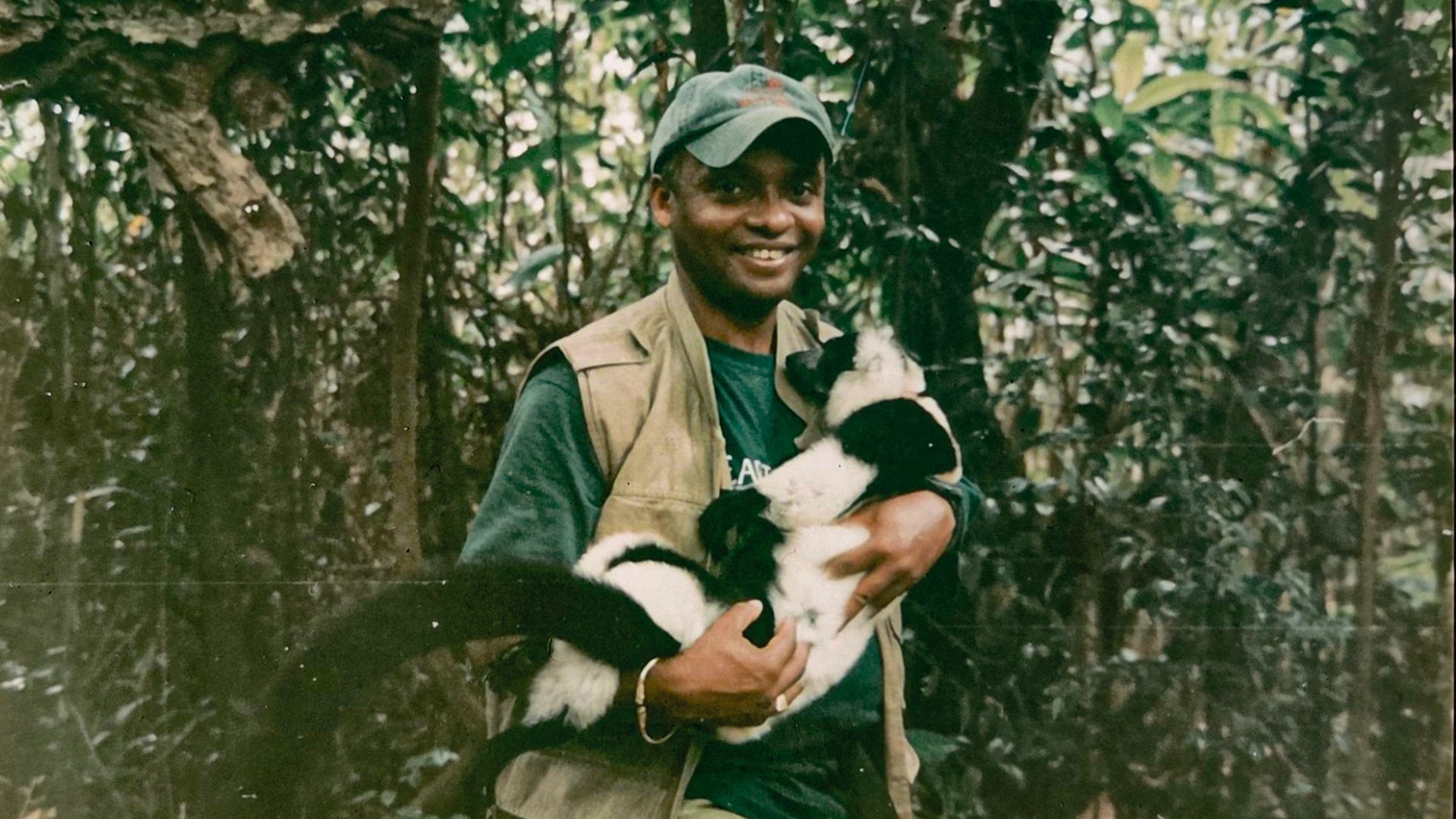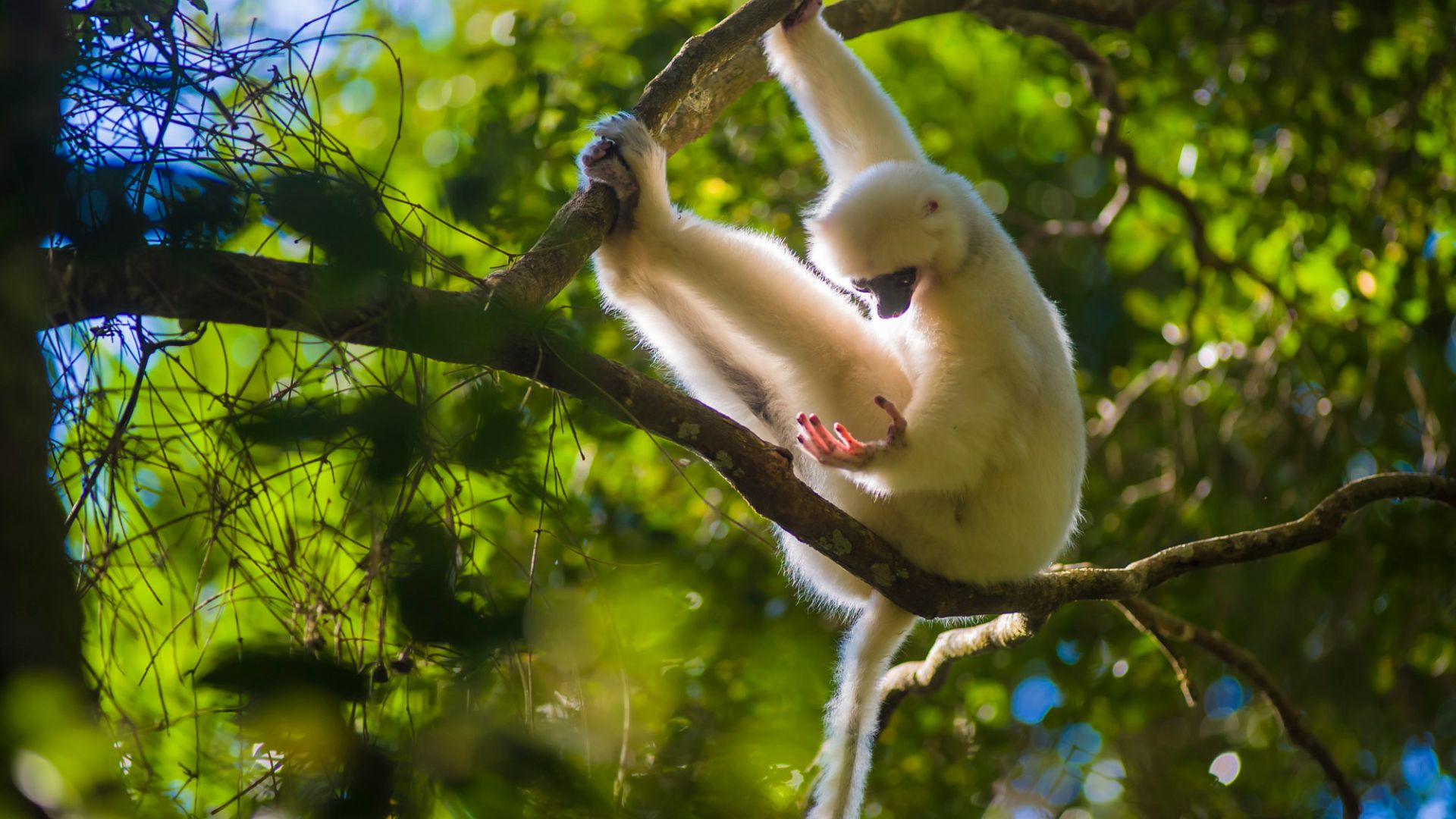Malagasy primatologist Jonah Ratsimbazafy, president of the International Primatological Society (2020) and a TWAS Fellow since 2021, is a leading advocate for the protection and conservation of lemurs. His efforts have been instrumental in elevating Madagascar’s role in global primatology.

By organizing the 30thInternational Primatological Society Congress (IPSC) on 20–25 July, he helped catalyse conservation initiatives and placed Madagascar on the international scientific scene.
“Lemurs are more than just beautiful animals. They are essential to Madagascar's forests. They disperse seeds and maintain the balance of entire ecosystems. If lemurs disappear, the forests will decline, biodiversity will collapse, and even human communities will suffer,” said Ratsimbazafy.
Of those who participated, 759 delegates joined in person, while 133 joined virtually. Notably, 32% of them were from Africa, 18% from Asia and 9% from Central and South America, reflecting the initiative’s globally inclusive spirit.

In recognition of his outstanding contributions to lemur conservation, during the congress he was awarded the Margot Marsh Biodiversity Foundation Prize and a special accolade from the Malagasy Ministry of Environment in recognition of his service to the nation.
Ratsimbazafy earned his PhD in 2002 from the State University of New York, USA, and obtained the French Habilitation (2011) from the University of Antananarivo. Today, he is a faculty lecturer at the University of Antananarivo.

In addition, he is the co-vice chair of the Malagasy section of the International Union for Conservation of Nature Species Survival Commission Primate Specialist Group, and the director of the Houston Zoo. In his career, he received numerous accolades including the Rockefeller Foundation Fellowship (1998), the Galante Award (2002) from the International Primatological Society, and the Disney’s Hero Conservation Award (2015). In 2019, he was named a Lifetime Honorary Fellow by the Council of the Association for Tropical Biology and Conservation. In 2023, he was awarded the Seacology Prize, an international environmental prize, for his more than three decades of dedication to lemur and habitat conservation in Madagascar.

“Madagascar was the perfect stage to held the 30th IPSC, because it is home to 112 species of lemurs representing 20% of the world nonhuman primates. All of them are endemic to the fourth largest island inworld's the world, making this a unique environment that deserves to be valued and protected. And to protect it, we must let people know it exists,” added Ratsimbazafy. “Saving lemurs means saving the heart of Madagascar.”
Cristina Serra

